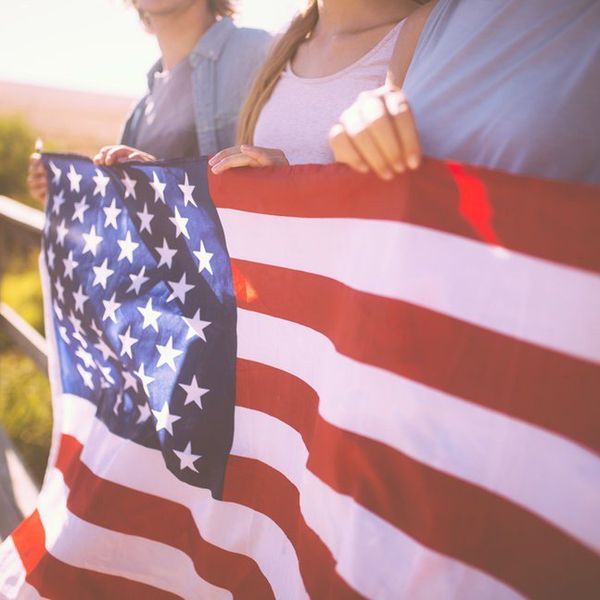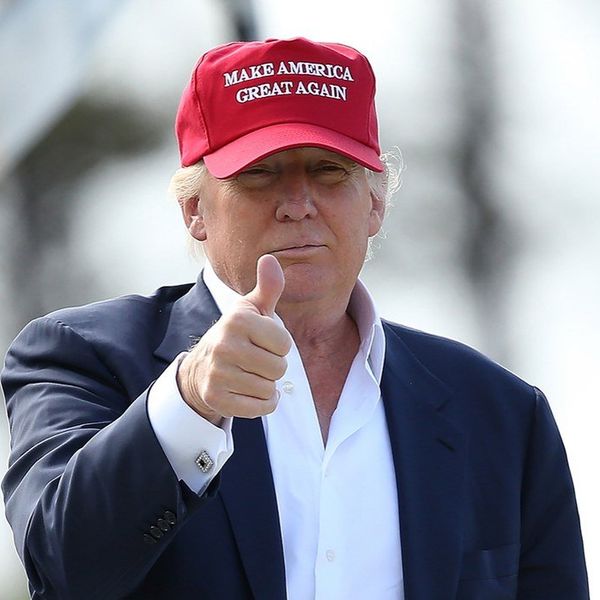Patriotism has been a big theme in America's history. We celebrate the original patriots, those who formed our country, as well as those who have fought for its continuation and safety over the years. You see flags in people's front yards, flying from the backs of trucks (at least in the South), on bumper stickers, shirts, backpacks, shoes, and almost anything else. One of the biggest national holidays is the Fourth of July, our nation's birthday so to speak.
"Ask not what your country can do for you, but what you can do for your country." This quote from JFK has become iconic. It invokes a sense of duty, almost obligation, to serve your country. It begs the question: What are you doing for America? How are you contributing to society? And most people want to give an answer that shows that they are important and productive. A generation back, people showed patriotism by volunteering for the Armed Forces. After America was attacked in 9/11, the number of volunteers for all branches of the Armed Forces swelled. 100 years ago, during World War I, and later World War II, everybody was doing their part to help with the war efforts. Some were enforced by the government, but others were merely suggested and carried out by the people.
Traditionally, Americans have always been first and foremost, well, American. But today, that has changed. People are African Americans, white Americans, gay Americans, straight Americans. Yes, this attests to the diversity in America, but in every instance, the commonality is secondary. This past Fourth of July, a day where we not only celebrated America but the day that my grandfather, a Vietnam Vet, passed away, I found myself asking myself more than usual, "What does patriotism look like today?" Yes, we pull out the red, white, and blue for the day and we watch the fireworks, but does it go beyond that?
We're proud to be an American for a day, but then we go right back to focusing on what makes us different. We so often don't see the whole of somebody, but rather the one thing that we have a problem with. Somebody is A and you're B, but you also have to realize that y'all are both C, D, and E. Maybe you don't always agree with or like everyone you come into contact with, but you should still show them love. This goes beyond just being American, it includes your place in the global community.
So what does patriotism look like for a millennial? Is it standing up for the oppressed around the world, at home and abroad equally? Is it fighting to correct injustices that have happened and working to prevent more from occurring? Many would say yes. But I think it's more than that. We have to stand up for truth and justice, but we don't get to decide what that truth and justice is. We have our problems and differences, yes. But we also have our similarities and things that we agree on. We have to stand together, having unity in the important things. Everything else is just background noise. I think maybe that's what patriotism is for millennials: not standing up for something, but with someone.





















